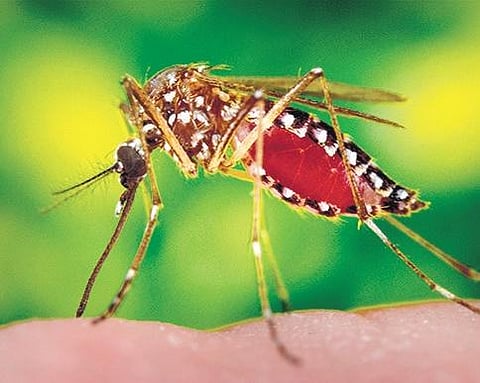

HYDERABAD: Researchers at the Centre for Cellular and Molecular Biology (CCMB) have developed a simple and economical way of studying gene functions of malaria-causing parasite Plasmodium Falciparum, which can help in developing effective drugs against the parasite that affects over one lakh lives in India every year.
To study the parasite with a focus on understanding the functions of its genes and identifying targets for developing drugs and vaccines, the delivery of gene into target cells is a popular choice. However, there are several technical challenges in studying genes of Plasmodium parasites. They are the ones that cause malaria when they grow in the oxygen-carrying red blood cells (RBCs) in humans. While growing inside, the RBCs protect the parasite, and it poses a huge challenge to biologists as one has to cross through four membrane layers to reach the Plasmodium’s genes. A widely used method to manipulate genes is electroporation, which is a resource-intensive technique employed to create pores in the cell membrane using electric field for passage of desired chemicals.
The team of researchers headed by Dr Puran Singh Sijwali has developed a cheaper way of doing this, the ‘Lyse-Reseal Method’, which involves the usage of hypotonic solutions. According to the researchers, a major advantage of this method is that it does not require an expensive electroporation device and other proprietary accessories and hence, it can be used for parasite genetic studies even in low-resource labs, which is usually the case in regions where malaria is endemic. “Making genetic alterations in the parasite will help in better understanding of the biology of malaria pathogen and, thereby, help in the control of malaria,” says Dr Rakesh Mishra, Director, CCMB.
The RBCs of O+ blood group provide the most efficient delivery of DNA into Plasmodium Falciparum in vitro, the researchers said.